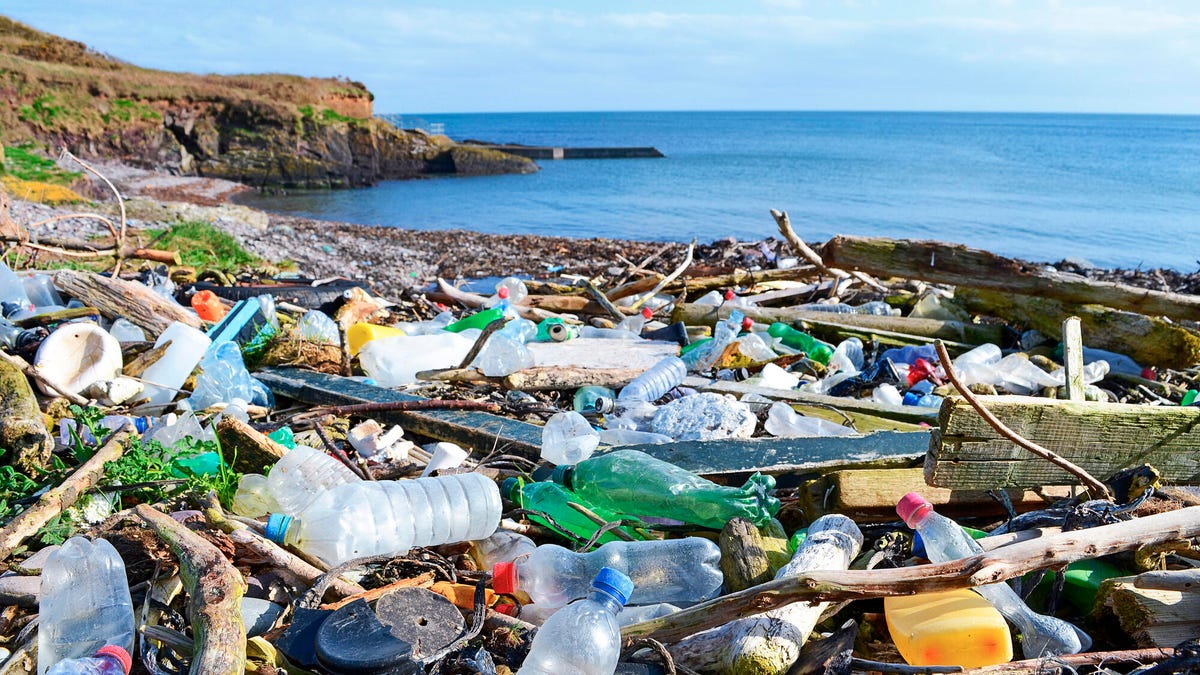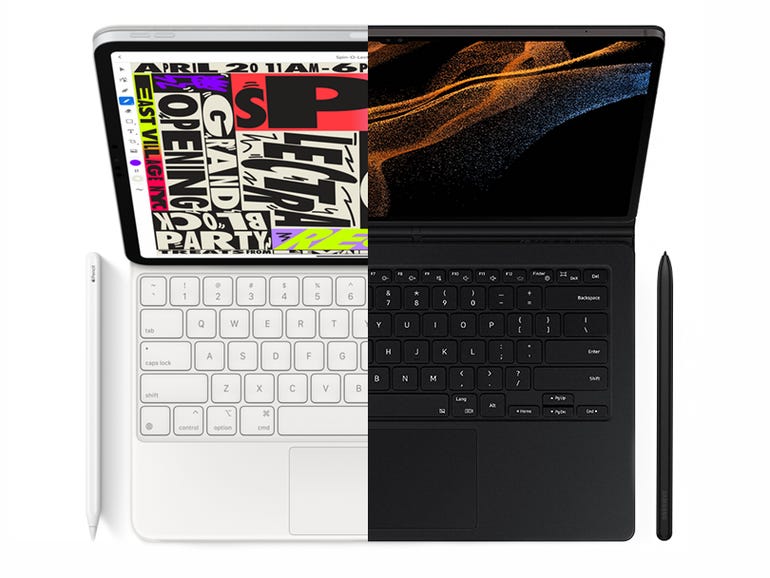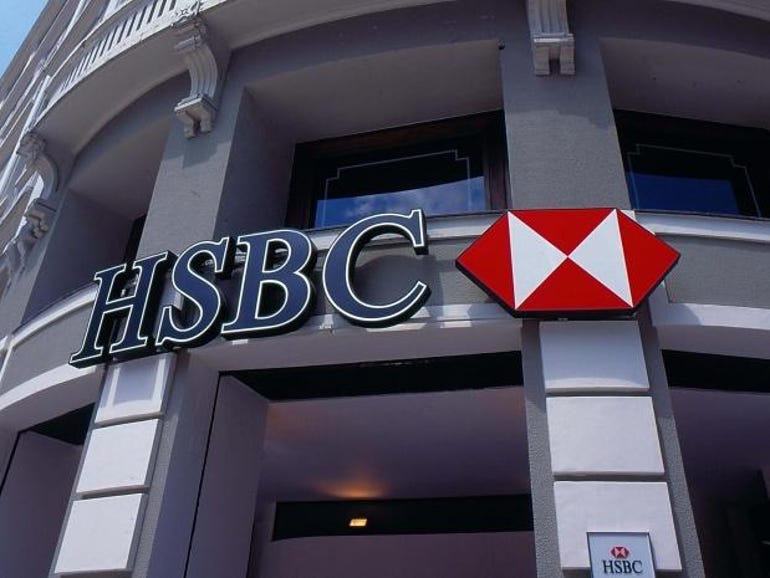Can we get rid of all the single-use plastic?
A new partnership aims to take a big bite out of the scourge of single-use plastic. With the help of some robots and economies of scale, it’s a positive step in a problem that seems wholly intractable.
Compostable packaging company Zume, which has innovated the manufacture of high output molded fiber packaging using robots, is joining forces with sustainable packaging company Transcend Packaging. By joining forces, the companies are trying to rally an effective base of capabilities and distribution to take on the unfathomable might of the plastics industry.
Currently, single-use plastic is a $320B industry. Shockingly, there has been no economically viable alternative. The ease of use of single-use plastics (abetted by longstanding consumer apathy) has resulted in a disposal crisis. Some 130 million metric tons of plastics were discarded in 2019, and nearly all single-use plastics are made from virgin petroleum, as opposed to recycled materials. As NPR reports, globally, there are just 20 companies producing nearly half of these products, and they comprise some of the best capitalized firms on the globe.
“For global brands, maintaining the status quo with plastic use is no longer a viable strategy,” says Alex Garden, Zume’s Chairman and CEO. “The proof will lie in the hands of brands who put a plan in place and see it through. Zume aims to provide companies with a road beyond plastic.”
But feeding the massive global appetite is no easy job. Plastic production is supported by mature technologies and well-distributed capacity, which is not true for sustainable alternatives, including molded fiber containers.
Last year, Zume capitalized on recent advances in machine vision and flexible automation in a new accord with robotics manufacturer ABB Robotics. The companies signed an agreement under which ABB’s robotic cells will help Zume speed up and scale the production of 100% compostable packaging made from plant-based agricultural material.
Also: This new neural sleeve helps people overcome mobility challenges
The multi-million dollar deal with Transcend will add production capacity by creating one of the largest specialist moulded fibre production facilities in Europe, with the aim of being fully functional by mid-2023. According to a statement, the companies launched to market with moulded fibre ‘snap lids’ for hot beverage cups, aiming to create 500 million units for delivery by September initially.
The new production facility in Europe will add to Zume’s global network of factories in North America and India, with more in planning stages in Latin America and Canada to further expand capacity and meet the needs of global brands.
“This partnership with Transcend aims to expand further our capacity to incite real change and replace plastic with an economically viable solution that performs like plastic without the harms of plastic,” says Garden.
Of course, one company or alliance alone won’t be enough to change the paradigm of plastics consumption truly. Consumer pressure and changing laws on local and state levels have helped create a market for sustainable packaging. Technology may be the missing ingredient to scale that market and truly reduce plastic consumption globally.





Pingback: ซื้อหวยออนไลน์
Pingback: kojic acid soap